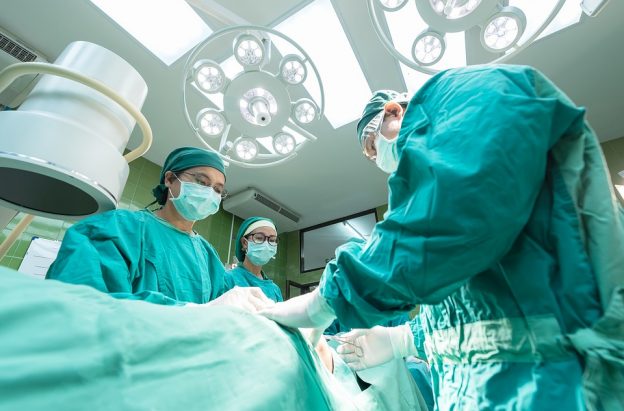Taking care of yourself after your varicose vein surgery
Following any kind of medical procedure there are some basic rules to making sure the patients’ recovery goes smoothly. This is no different after varicose vein surgery and there is a lot of important information for proper post-procedural care.
Even though an advanced vein treatment centre can offer minimally invasive surgery there are some important questions that patients will naturally want to be answered. These questions range from how long the recovery will take to what types of activities are acceptable.
While the soundest advice will come directly from your vein specialist, we have compiled some of the most important facts to remember about your post-procedural recovery.
Length of recovery time
This depends highly on the kind of surgery that was performed. The most popular treatments, phlebectomy and endovenous laser have brief outpatient routines that last roughly an hour.
With these less invasive treatments patients can usually go home the same day. A heavier procedure may require a hospital stay.
For the majority of patients, total recovery takes roughly two weeks. Treatment of both legs and not just one will result in a longer recovery period.
After returning home the doctor will often recommend that patients rest in bed for the remainder of the day while the anaesthetic used slowly wears off. The treated area may experience a light burning or stinging sensation and if it becomes bothersome a painkiller should be used.
Caring for the treatment area
Post-procedure, dressing should remain on for 2 days at best with an expectation of minimal bleeding. With less invasive procedures showers should be fine but patients should not take baths or swim in pools until the recovery process is complete.
Following the surgery patients should wear compression stockings for a minimum of 3 days and take them off only to sleep or go in the shower. The stockings help to encourage proper blood flow in the legs which relieves some of the tension and swelling.
During the recovery patients should be careful not to sit or stand for too long at once. If bleeding occurs through the bandages then the patient should elevate their leg and apply pressure to the source area.
If the bleeding continues then a doctor should be contacted straight away.
Performing exercises
Any heavy lifting or strenuous exercise should be completely avoided for the two weeks following the procedure. Instead, casual walking will work to both prevent clots and improve circulation.
The speed and amount of walking can increase as the stiffness of the legs being to go down. Eventually patients will begin to move and feel like they used to pre-surgery.
Patients should not get behind the wheel of a car until at least 2 days after the surgery if it can be helped. Reaction times can be slower as a result of lingering discomfort in the legs as well as the anaesthesia used.
Follow up treatments
For patients who have received radiofrequency or laser treatments they should organise an ultrasound with their vein specialist within 1-4. This ultrasound will help to determine if the veins were actually close properly.
A condition known as Phlebitis may manifest after the surgery. It is commonly noticed by inflammation and lumps on the leg but will usually clear up in a month’s time.
Some patients will see varicose veins return within a decade of their surgery. The best way to avoid a recurrence of the condition is to maintain a healthy diet and weight, to exercise and wear supporting socks post procedure.
A rare condition known as deep vein thrombosis may develop after treatment and this is particularly dangerous as it can lead to blood clots. If a patient experiences severe pain or swelling in their legs they should contact their doctor as soon as possible for a recommendation for further treatment.
Author: Colin Steinway
















[…] Taking care of yourself after your varicose vein surgery […]
[…] Preventing infection is very important when you have surgery. It is a fairly simple thing, but if not done properly it could lead to potentially life-threatening problems. You should inspect your incision throughout the day and change your dressings. If it is difficult to do on your own, you may need to have someone help you to the hospital or they may send a nurse or aid to change your dressings for you. […]